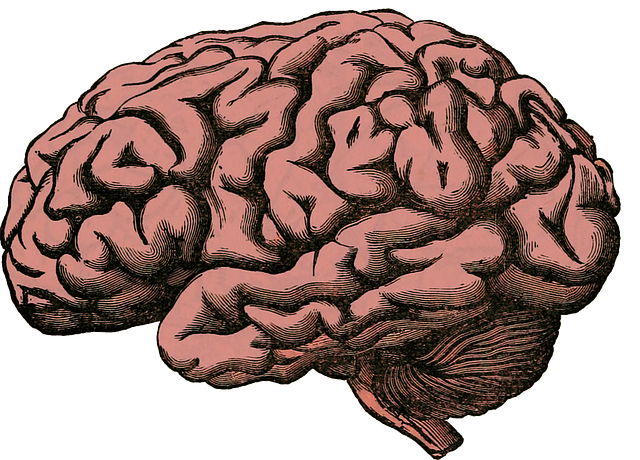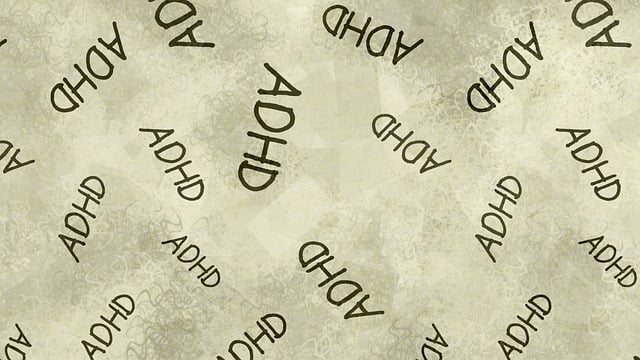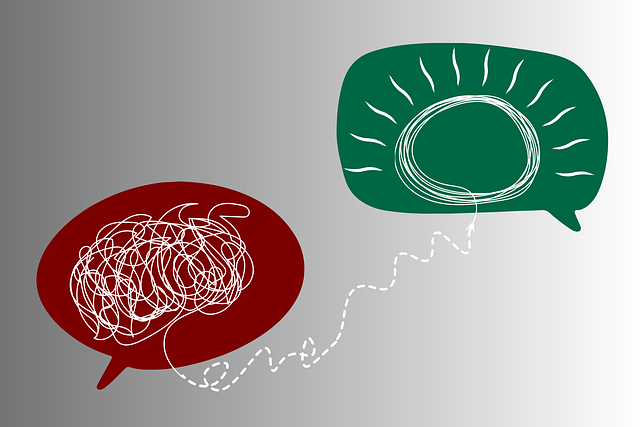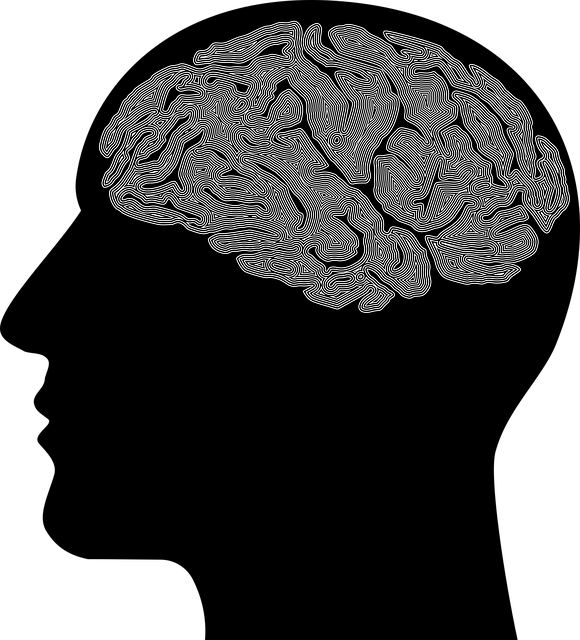The text explores the profound impact of stigma on mental health treatment access, particularly within marginalized communities like LGBTQ+ individuals in Denver. It highlights how stigma stems from various sources and perpetuates discrimination, isolation, and shame. Denver Gender Identity Therapy (DGIT) is presented as a leading force combating this issue through innovative approaches: offering safe spaces for gender identity exploration with compassion cultivation practices, educating communities to reduce misconceptions, advocating for policy changes to protect against discrimination, and promoting burnout prevention for healthcare providers. DGIT's comprehensive strategies aim to destigmatize mental health and enhance support systems for all.
Mental illness stigma remains a significant barrier to optimal mental health. This comprehensive article explores efforts to reduce this societal burden, examining various approaches from different angles. We delve into the profound impact of stigma on individuals’ well-being and explore successful initiatives like Denver Gender Identity Therapy, which pioneered innovative strategies to destigmatize mental health concerns. Through educational programs, community engagement, policy advocacy, and more, we chart a path towards a society that embraces mental wellness with understanding and support.
- Understanding Stigma and Its Impact on Mental Health: A Comprehensive Overview
- Denver Gender Identity Therapy: Pioneering Approaches to Reduce Stigma
- Educational Initiatives and Community Engagement: Building Bridges to Overcome Stigma
- Policy Changes and Advocacy: A Pathway Towards a More Supportive Society
Understanding Stigma and Its Impact on Mental Health: A Comprehensive Overview

Stigma surrounding mental illness is a pervasive issue that significantly impacts individuals’ willingness to seek help and access treatment. It creates an environment where people with mental health challenges often face discrimination, prejudice, and social isolation, hindering their ability to lead fulfilling lives. This internalized shame and fear of judgment can manifest as self-doubt, low self-esteem, and even avoidance of necessary medical care. For marginalized communities, such as those experiencing gender identity issues in cities like Denver Gender Identity Therapy, the effects are compounded by existing societal biases.
Understanding stigma involves recognizing its multifaceted nature. It permeates various levels: interpersonal interactions, media portrayal, institutional policies, and cultural norms. For instance, burnout prevention strategies often address mental health stigma by fostering empathy-building initiatives within communities and workplaces. Encouraging open conversations about mental wellness through journaling exercises can offer individuals a safe space to express their experiences without fear of judgment. This not only promotes self-awareness but also contributes to broader societal shifts in attitude, making it easier for people to connect with support systems and seek professional help when needed.
Denver Gender Identity Therapy: Pioneering Approaches to Reduce Stigma

Denver Gender Identity Therapy (DGIT) stands as a beacon of hope in the ongoing battle against mental illness stigma, particularly within the LGBTQ+ community. Their pioneering approaches focus on fostering cultural sensitivity in mental healthcare practice and prioritizing emotional well-being promotion techniques that cater to the unique needs of individuals exploring their gender identity. By integrating compassion cultivation practices into therapy sessions, DGIT creates a safe and supportive environment where clients feel seen, heard, and valued.
Through innovative treatment modalities, DGIT challenges societal norms and promotes understanding, ultimately aiming to revolutionize mental healthcare accessibility for transgender and non-binary individuals. Their efforts not only address the psychological aspects of gender dysphoria but also empower patients to navigate social barriers with resilience and self-acceptance, marking a significant step towards reducing stigma in the community.
Educational Initiatives and Community Engagement: Building Bridges to Overcome Stigma

Educational initiatives play a pivotal role in reducing the stigma surrounding mental illness. By integrating awareness programs into schools and communities, Denver Gender Identity Therapy (DGIT) has been at the forefront of fostering understanding and empathy. These initiatives focus on educating people about various mental health conditions, dispel misconceptions, and promote early intervention. Through workshops, seminars, and peer support groups, DGIT encourages open conversations about mental wellness, emphasizing that seeking help is a sign of strength rather than weakness.
Community engagement is equally crucial in breaking down barriers. DGIT actively collaborates with local organizations, businesses, and faith groups to organize events that celebrate diversity and mental health. These gatherings create safe spaces where individuals can share their stories, fostering a culture of support and acceptance. By combining educational efforts with community involvement, DGIT aims to build a more inclusive environment where those facing depression, seeking self-esteem improvement, or striving for inner strength development feel empowered to seek help without fear of stigma.
Policy Changes and Advocacy: A Pathway Towards a More Supportive Society

Policy changes and advocacy play a pivotal role in reducing the stigma surrounding mental illness, fostering a more supportive society. By implementing legislation that protects individuals with mental health conditions from discrimination, we create an environment where people feel safe to seek help without fear of judgment or loss of opportunities. Advocacy also extends to raising awareness through public education campaigns that dispel myths and promote understanding. Organizations like Denver Gender Identity Therapy are at the forefront of these efforts, providing specialized services and support while advocating for systemic changes.
Integrating burnout prevention strategies for healthcare providers is another crucial aspect. Ensuring professionals in the mental health field have access to resources for self-care routine development helps maintain their well-being and prevents them from experiencing anxiety relief only when they are burned out. This, in turn, improves the quality of care they provide. By addressing both the provider’s and recipient’s needs through policy changes and advocacy, we take significant steps towards destigmatizing mental illness and creating a network of support for all.
Mental illness stigma reduction is a multifaceted endeavor, as demonstrated by the diverse approaches discussed. From understanding the profound impact of stigma and its roots, to pioneering therapies like those offered by Denver Gender Identity Therapy, educational initiatives, community engagement, and policy changes, each plays a crucial role in fostering a more supportive society. By implementing these strategies synergistically, we can break down barriers, promote empathy, and ensure individuals affected by mental health issues receive the support and care they deserve.














